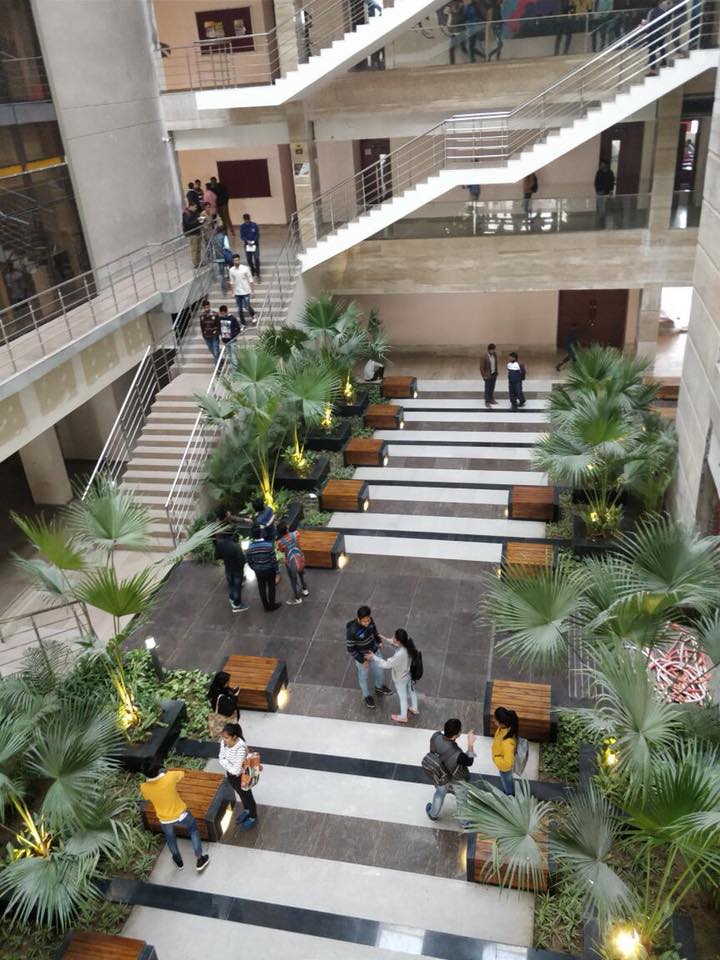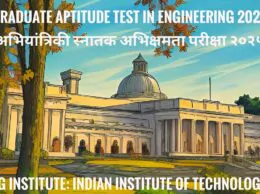New Delhi, 04 July 2020: Indian Education, one of the world’s largest education systems, has finally has New Education Policy (NEP) after 34 years. NEP 2020 has proposed many significant changes in Higher Education. PhD degree programmes are set to see many changes in its structure.
NEP 2020 aims at re-orienting Doctoral degree courses with introduction of many new initiatives: Compulsory introduction of credit-based courses in teaching, Actual teaching experience during course, credible evaluation systems, and change in eligibility criteria.
Introduction of credit-based courses in teaching: National Education Policy proposes that all fresh PhD entrants, irrespective of discipline, will be required to take credit-based courses in teaching/education/pedagogy/writing related to their chosen PhD subject during their doctoral training period.
Actual teaching experience during course: PhD students will also have a minimum number of hours of actual teaching experience gathered through teaching assistantships and other means. PhD programmes at universities around the country will be re-oriented for this purpose.
Credible evaluation systems: Exposure to pedagogical practices, designing curriculum, credible evaluation systems, communication, and so on will be ensured since many research scholars will go on to become faculty or public representatives/communicators of their chosen disciplines.
Changes in Eligibility for PhD Programmes: Admission to PhD shall require either a Master’s degree or a 4-year Bachelor’s degree with Research. Hence, a 4-year Bachelor’s degree with research can pursue PhD without having PG degree.
New Education Policy suggested the MPhil programme shall be discontinued.
National Research Foundation: NEP proposes to set up a National Research Foundation to fund outstanding peer-reviewed research and to actively seed research in universities and colleges. The primary activities of the NRF will be to: fund competitive, peer-reviewed grant proposals of all types and across all disciplines; and seed, grow, and facilitate research at academic institutions, particularly at universities and colleges where research is currently in a nascent stage, through mentoring of such institutions.








